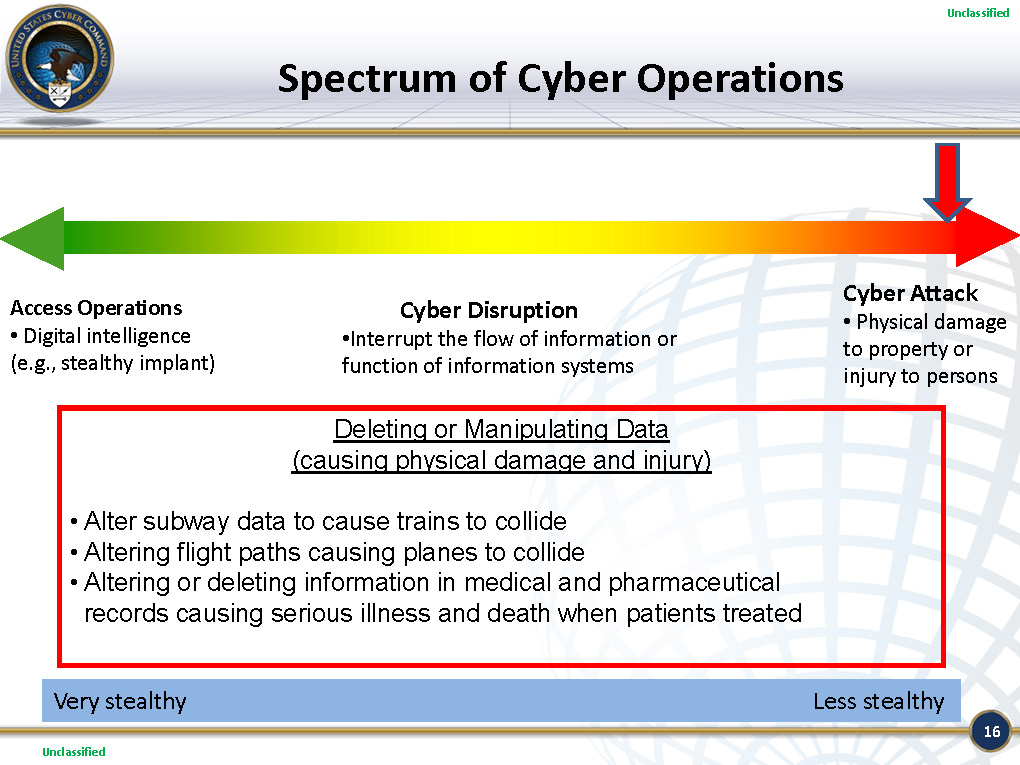Book: Cyber War
So this is on my nightstand
Cyber War by Richard Clark.
http://www.amazon.com/Cyber-War-Threat- ... 0061962244
Mostly the run of the mill doom, except real.
http://www.thedailybeast.com/articles/2 ... crets.html
So, how skeerd should I be?
.
Cyber War by Richard Clark.
http://www.amazon.com/Cyber-War-Threat- ... 0061962244
Mostly the run of the mill doom, except real.
Daily Beast, 03.18.15
China Reveals Its Cyberwar Secrets
In an extraordinary official document, Beijing admits it has special units to wage cyberwar—and a lot of them. Is anybody safe?
A high-level Chinese military organization has for the first time formally acknowledged that the country’s military and its intelligence community have specialized units for waging war on computer networks.
China’s hacking exploits, particularly those aimed at stealing trade secrets from U.S. companies, have been well known for years, and a source of constant tension between Washington and Beijing. But Chinese officials have routinely dismissed allegations that they spy on American corporations or have the ability to damage critical infrastructure, such as electrical power grids and gas pipelines, via cyber attacks.
Now it appears that China has dropped the charade. “This is the first time we’ve seen an explicit acknowledgement of the existence of China’s secretive cyber-warfare forces from the Chinese side,” says Joe McReynolds, who researches the country’s network warfare strategy, doctrine, and capabilities at the Center for Intelligence Research and Analysis.
http://www.thedailybeast.com/articles/2 ... crets.html
So, how skeerd should I be?
.


